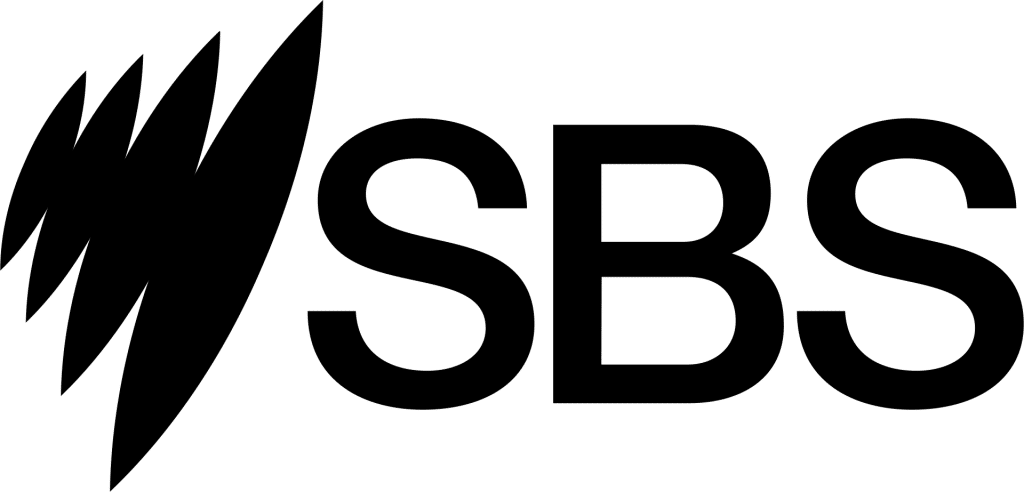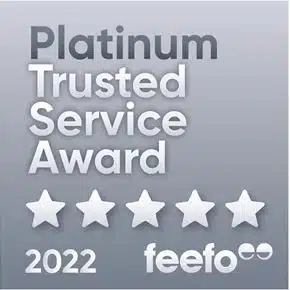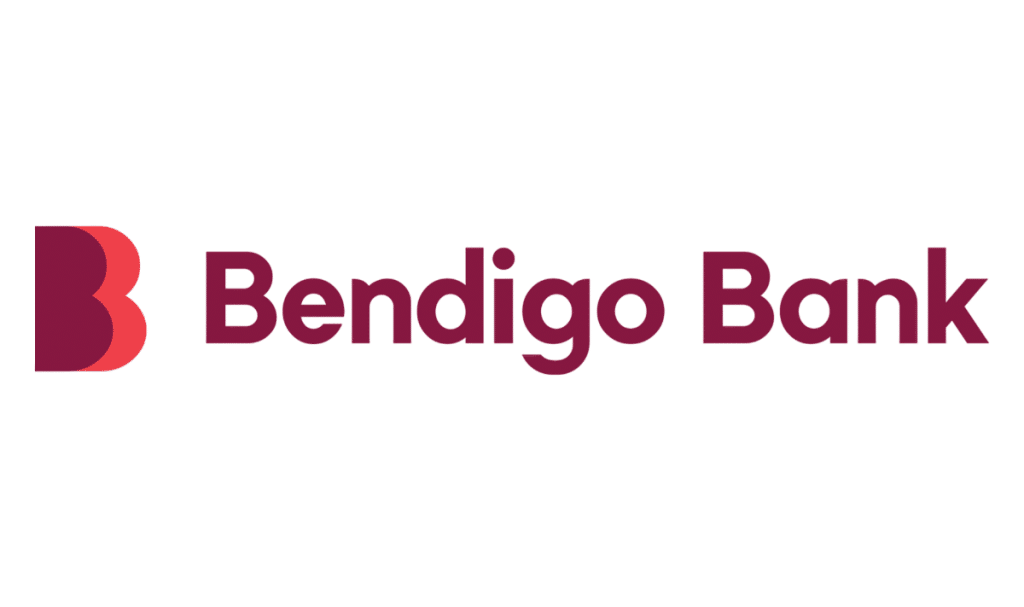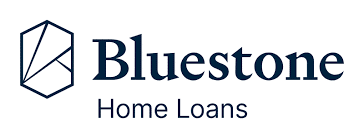Let Savvy compare low doc home loan options for you from over 17 lenders to help unlock potential savings and flexibility.
Apply for a low doc home loan100% free. No impact on your credit score












Savvy is rated 4.9 for customer satisfaction by 6863 customers.
















You'll be matched with an experienced mortgage broker who'll handle all the hard work for you from start to finish.
With a panel of reputable mortgage lenders, you can rest assured you'll be comparing high-quality options with your broker.
You can fill out a simple online quote via our form without having to worry about sorting through heaps of paperwork.
Olivia has had an offer accepted on a new $800,000 house, of which $200,000 will be paid as a deposit. It's time for her to consider the different options available on the market for her home loan. She picks out a few offers and runs the numbers in the calculator to get the following:
| Loan amount | Loan term | Interest rate | Fortnightly payment | Total interest | |
|---|---|---|---|---|---|
| Lender A | $600,000 | 30 years | 5.25% p.a. | $1,529 | $592,183 |
| Lender B | $600,000 | 30 years | 5.25% p.a. | $1,546 | $605,590 |
| Lender C | $600,000 | 30 years | 5.25% p.a. | $1,572 | $625,831 |
| Lender D | $600,000 | 30 years | 5.25% p.a. | $1,607 | $653,060 |
| Calculations are for illustrative purposes only and may not be reflective of the interest rate you're offered on your home loan. Calculations do not include loan fees or any other home-buying costs. | |||||
Olivia sees that even the jump from 5.25% p.a. to 5.50% p.a. would cost her almost $34,000 more across the life of her loan. She decides to go with Lender A in this instance.
Subject to finance is a clause in a property's sale contract that makes the purchase conditional on your home loan being approved. This means that even if you've paid the initial deposit and have passed the cooling-off period, the sale can still be cancelled if your finance falls through. It's a crucial safeguard for borrowers to help them avoid forfeiting a significant sum if they hit a roadblock with their bank.
There are several things you can do to pay off your mortgage faster. This includes:
Yes – although your options may not be as great, some lenders offer non-conforming or bad credit home loans. These are products for those who don't meet traditional lending criteria. They typically come with higher interest rates and fees than a standard mortgage.
Yes – but it can be more challenging. Lenders must assess whether a loan is affordable and appropriate for your circumstances, including your age, income and how close you are to retirement. Since most home loans span 25 to 30 years, older applicants may need to show a clear plan for repaying the loan, such as selling the property, downsizing or using superannuation. If you're receiving a pension or have limited income, approval is still possible but may require a larger deposit or additional security and a short mortgage term length. Speaking to a mortgage broker or lender can help you understand your options.
As a business owner, you can still apply for a standard home loan. The main difference is how you prove your income. This can be done with your last one to two years of personal and business tax returns, as well as other documents such as a recent Notice of Assessment, profit and loss statements or a letter from your accountant confirming your income. If you can't provide all of these, you may have to look for a low doc home loan instead.
The first home super saver (FHSS) scheme is a government initiative that allows prospective buyers to make voluntary super contributions that can then be partially or fully withdrawn when purchasing a home. You can deposit up to $15,000 per year via this method, up to $50,000 in total.
The incentive here is that these contributions are usually taxed at a lower rate (15%) than your marginal income tax rate. However, it may not be the best option for you, so it's worth doing your due diligence and speaking to your accountant.
No – when you buy a property at auction, the sale is unconditional. This means it's not subject to finance, so you need to have your loan pre-approved and be confident you can complete the purchase before bidding.
Doctors, nurses and other medical, financial and legal professionals may be able to get LMI waivers from certain lenders. This allows them to avoid paying LMI even if they have a deposit below 20%.
There are two main options when buying with someone else:

Explore your home loan options if you are looking to buy, refinance or invest in property and find competitive rates through Savvy.
Start your quote